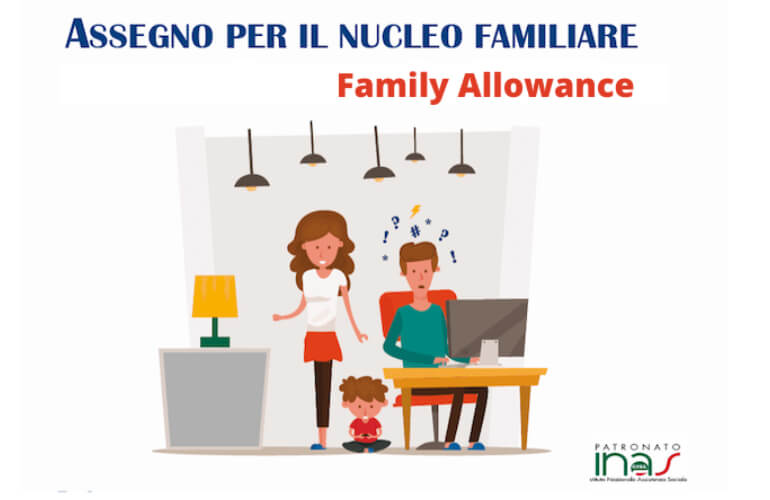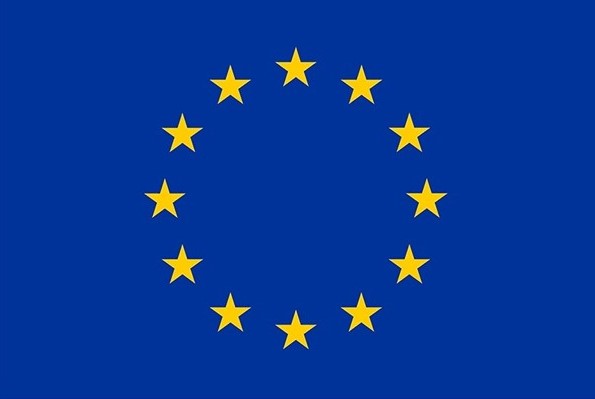The family allowance is an economic benefit paid in support of the family unit of:
- private and public salaried workers;
- para-subordinate workers;
- private and public pensioners;
who do not include children, as for the last ones, from 1 March 2022 the Universal One-off Allowance is provided.
The family allowance is also paid in support of migrant workers who are employed in Italy, in the same way as it is paid to Italian workers. Previously the Family allowance was given to non-European citizens and nationals only if they were long-term residents, or they had a single work permit. Now, the Laws rules that they cannot be treated differently from Italian citizens and nationals in accessing the benefit of the allowance for the family, even if some family members temporarily reside in their country of origin (Constitutional Course 67/2022).
In March 2022, with the introduction of the single, universal child allowance, this measure replaces the family allowance for families with children up to 21 years of age under certain conditions. Consequently, these families will no longer be able to benefit from or apply for the old measures.
To check whether you fulfill the requirements to access the benefit, or if your application has been previously rejected, whether you meet the requirements to lodge an administrative appeal, you can contact the Patronage Inas-Cisl. By connecting to the website (inas.it) you can find the office closest to your home, both in Italy and abroad.
The Universal one-off allowance
With the introduction of the Universal One-off Allowance on 1 March 2022, many changes have come in the field of family support benefits. Bonus for new-borns (Bonus bebé) and birth allowance, as well as deductions for dependent children, will disappear.
The one-off and Universal Allowance is an economic support measure for families assigned for each dependent child until the age of 18 or until the age of 21 (if he/she is a student or a low-income worker); children with disabilities are considered without age limits. The amount changes depending on the number of children and the economic condition of the household calculated based on the ISEE valid at the time of application.
The applicant for the one-off and universal allowance, at the time of application and throughout the benefit, must simultaneously fulfill citizenship and residence requirements. The applicant's parent must alternatively be:
- Italian citizen or citizen of another European Union Member State;
- Non-EU citizen, holder of:
- EU long-term resident permit.
- Permits marked as a " single work permit ", authorized to work for more than six months.
- Political refugee - holder of international protection (asylum or subsidiary protection).
- Workers from Morocco, Algeria, and Tunisia are legal residents in Italy for whom the Euro-Mediterranean agreements between the European Union and these countries provide for the general right to equal treatment with European citizens.
- Self-employed workers who hold a permit in conformity with Article 26 of the Consolidated Law on Immigration.
- Residence permit for family reunification.
- Residence permit for research reasons, authorized to reside in Italy for more than six months.
- Blue card, 'highly skilled worker'.
- State-less.
- Family member of an EU citizen holding:
- Residence card for the non-EU family member of EU citizen.
- Permanent residence card for the non-EU family member of an EU citizen.
For any information and explanations and for the telematic forwarding of the application you can contact Patronato Inas-Cisl. By connecting to the website (inas.it) you can find the office closest to your home, both in Italy and abroad.
INPS Circular no. 122 of 27/10/2022 supplementing the Fact Sheet on Maternity Protection
To complete the Schedule on Maternity Protection, we would like to point out INPS Circular no. 122 of 27 October 2022, which provides the first operational indications to illustrate the new features introduced by the measure in favor of employed and self-employed men and women, persons enrolled in Separate Account, and freelance professionals (d. Legislative Decree No. 105 of 30 June 2022, in force from 13 August 2022), to improve the work-life balance for parents and carers, with a view to a fairer sharing of care responsibilities between men and women and the achievement of gender equality in the work and family sphere.
In particular, the Institute has returned to the subject, providing more detailed instructions regarding the changes to the provisions on:
- compulsory paternity leave for employees.
- changes to the indemnifiable periods of parental leave for employees in the private sector and those enrolled in the Separate Management Fund.
- parental leave for self-employed workers.
- maternity allowance, for pregnancy at risk, periods before two months before delivery for self-employed workers.


